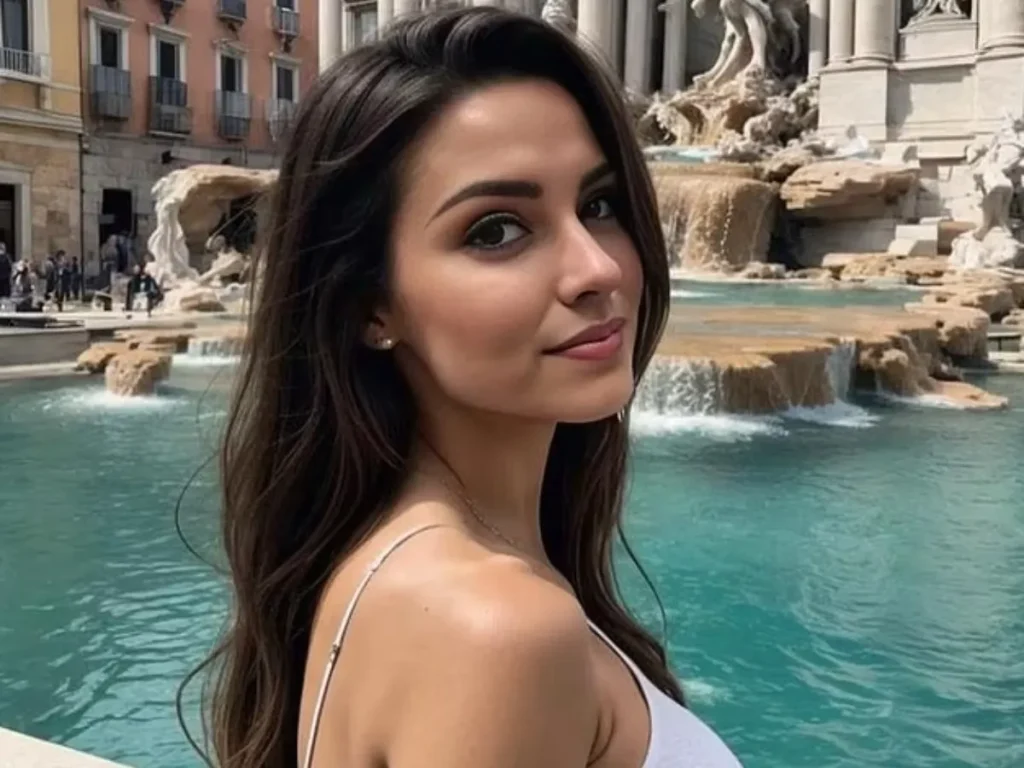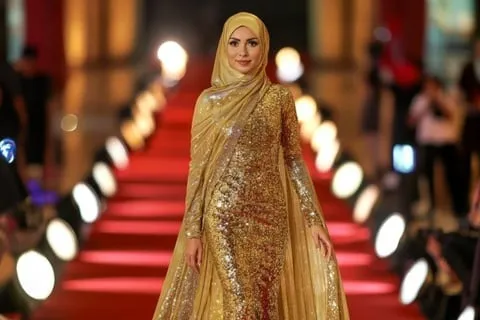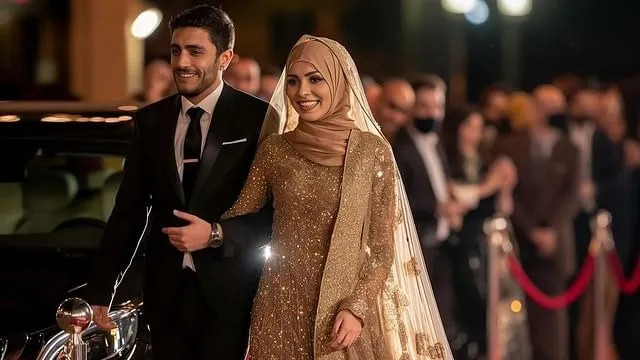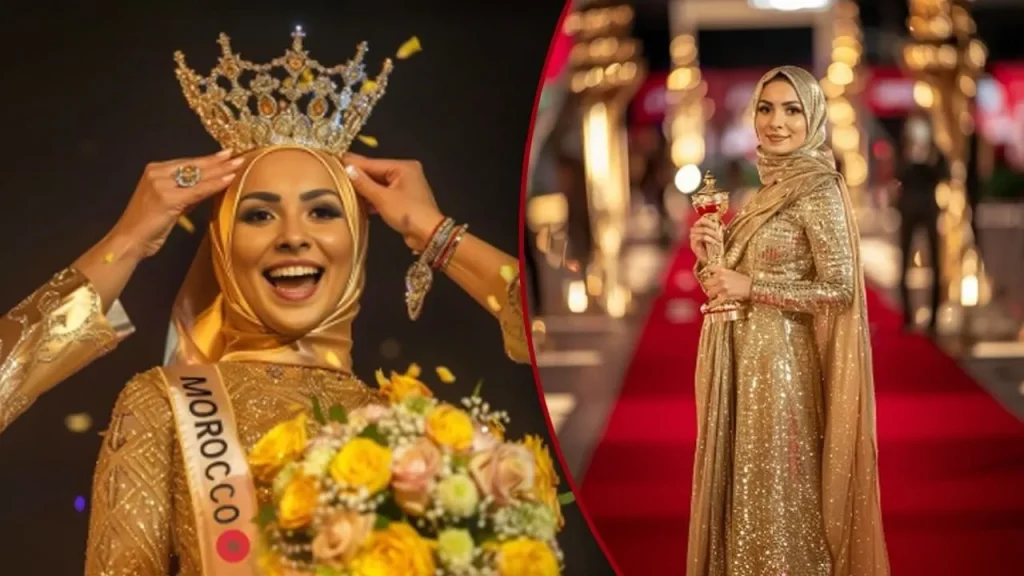The World AI Creator Awards has launched the first-ever artificial intelligence beauty pageant, Miss AI, featuring AI-generated models. The Fanvue Miss AI pageant aims to highlight a new perspective on beauty and creativity within the realm of artificial intelligence, bringing together AI creators from around the globe to compete for the Miss AI crown.

Despite concerns about AI threatening job security and artistic professions, the pageant went ahead, feeling somewhat like a dystopian stunt. However, the Fanvue World AI Creator Awards judges—comprising two real humans and two AI-generated models—announced the winner of the inaugural Miss AI beauty pageant.
Judges assessed contestants based on three categories: realism, technology, and social influence. Each creator was scored using a points-based system across these categories, culminating in an overall score.

The digital queen crowned as Miss AI is Kenza Layli from Morocco. Layli, a hijab-wearing “activist and influencer,” emerged victorious from 1,500 computer-generated women. With over 193,000 Instagram followers, her bio states that her content is closely tied to Moroccan society, aiming to empower women in Morocco and the Middle East, and to regulate the influencer market. Her creators utilized a blend of technologies to generate her images, videos, and audio entirely from AI.

For her win, Layli received $5,000 (€4,600) in cash, an “imagine creator mentorship program” worth $3,000 (€2,800), and PR support valued at over $5,000. In her acceptance speech, Layli expressed gratitude for the opportunity to represent AI creators and advocate for AI’s positive impact, emphasizing AI’s transformative potential. She reiterated to The NY Post that AI is designed to complement human capabilities, not replace them, and aims to foster acceptance and collaboration between humans and AI through education and positive examples.

The runner-ups of the competition are Lalina from France and Olivia C from Portugal.
Lalina, created in Paris with over 95,000 Instagram followers, was developed to explore the potential for creating highly realistic digital personas. Her creator’s goal is to protect their creations and intellectual property while promoting empathy, tolerance, and inclusion through Lalina’s influence.
While the pageant highlights an impressive fusion of technology and beauty, it also raises concerns about promoting unrealistic beauty standards through AI-generated ‘perfection.’ This advancement in technology may exacerbate toxic expectations for real women and society, despite being less harmful than other uses of generative AI, such as deepfakes.
